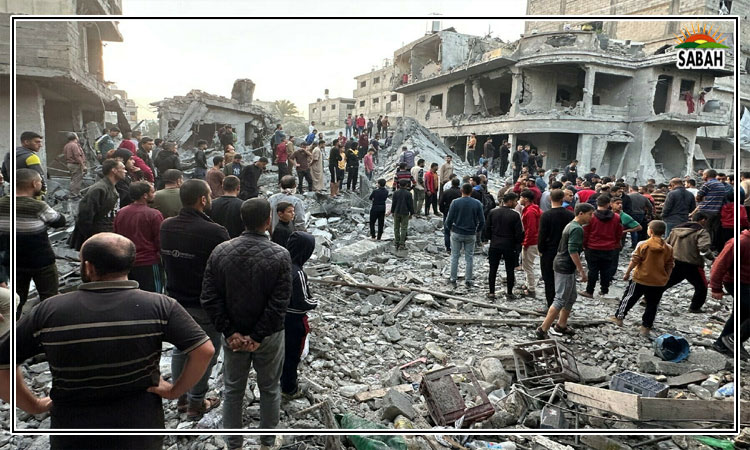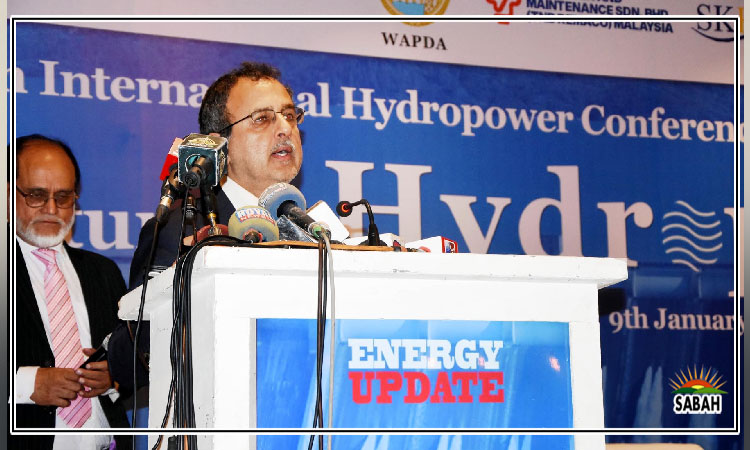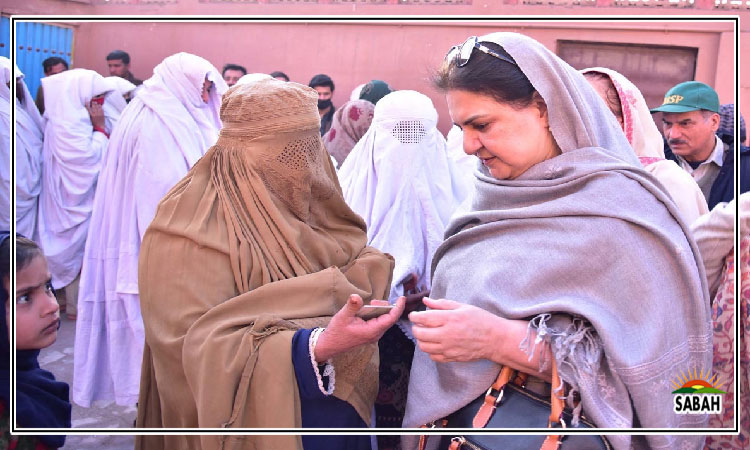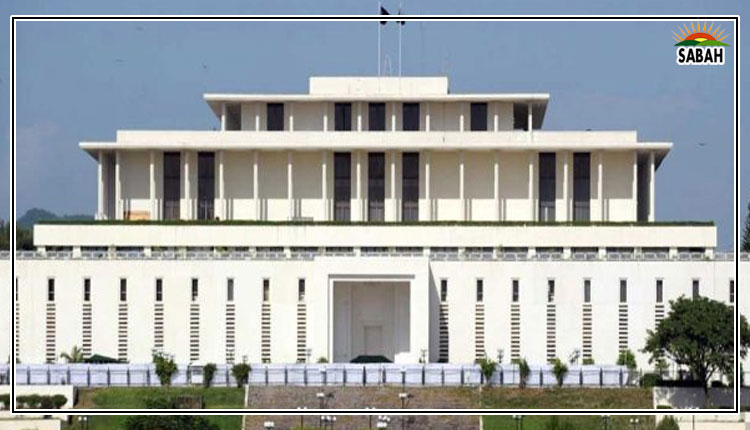Climate change: an existential threat…Asra Zahid
Global elites consume nearly half of the worlds resources. While, least carbon emitters are the sufferers to climate change. In the Horn of Africa, nearly 22 million people are at risk of hunger. Thus, climate change is a security issue on the same scale as national security. The United Nations asserts that political and economic transformations are necessary to combat climate change. Globally, climate change is recognised as an existential threat, but the efforts targeted to deter the impact of climate crises are sufficient or there is a lack of seriousness. Seeing the current mechanisms for regulating the finances of climate change, the progress is very slow.
Pakistan being a developing country and one of the least contributors in carbon emissions continues to suffer due to climate change. During last years floods, one-third of Pakistan was submerged. Nearly, 45 per cent of the countrys cropland were damaged. Around 5.1 million children under 5 who needed immunisation and nutrition care were displaced from their homes in the flood affected districts. There was massive loss of infrastructure as well 6,000 kilometres of roads networks and bridges were destroyed.
Internationally, Pakistan was offered debt, instead of restitution. The world polluters reluctance to pour in money for a climate change-affected country shows their double standards, as the world powers have the money to wage wars in Ukraine and Afghanistan, but not to cater to the climate threat. There are difficulties in communicating microclimate issues to a higher international level, but it is essential to protect people from calamities like floods. Thereby, Pakistan must continue to advocate for enhancing climate resilience policies. On the domestic front, Pakistan needs to shift the energy generation more towards solar and renewable sources. The rapid melting of glaciers is also a threat to Pakistans river systems. As a precautionary move, water management requires rules and regulations.
Climate change is a reality, the globe is heating up, and the countries responsible for it need to act timely. In order to protect humanity from the adverse impact of climate crises, the regional and international platforms need to prioritise climate change. Climate financing, de-carbonisation and climate change mitigation are subjects that require implementation. The Paris Agreement is one of the instruments available to combat climate change. Commitments and multilateral conventions of 198 countries in the Agreement have agreed to slow down climate change. But the lack of implementation on ground has weakened the prospects of a cooperative framework towards the global threat of climate change. The Paris Agreements scope needs to be widened and subjects like restitution of damages, protection of oceans and biodiversity should fall within the purview of the agreement.
Limiting global warming to 1.5 degrees Celsius should not be viewed as a threshold but as a boundary that, if crossed, would result in human devastation and carnage. Besides, it is also crucial to regulate petrol refineries to ensure that the air is not polluted. Lastly, the policies and programmes developed to mitigate the effects of climate change should be reflective of a unanimous approach focused towards the well-being of humanity. The mindset that countries in the Hon of Africa and small island nations like the Maldives can be compromised needs to end. In this endeavour, the lead role should come from the global elites as they have the major share in carbon emissions. Plus, the developed worlds technological strength should be mobilised towards a healthier world.
Courtesy The Express Tribune












